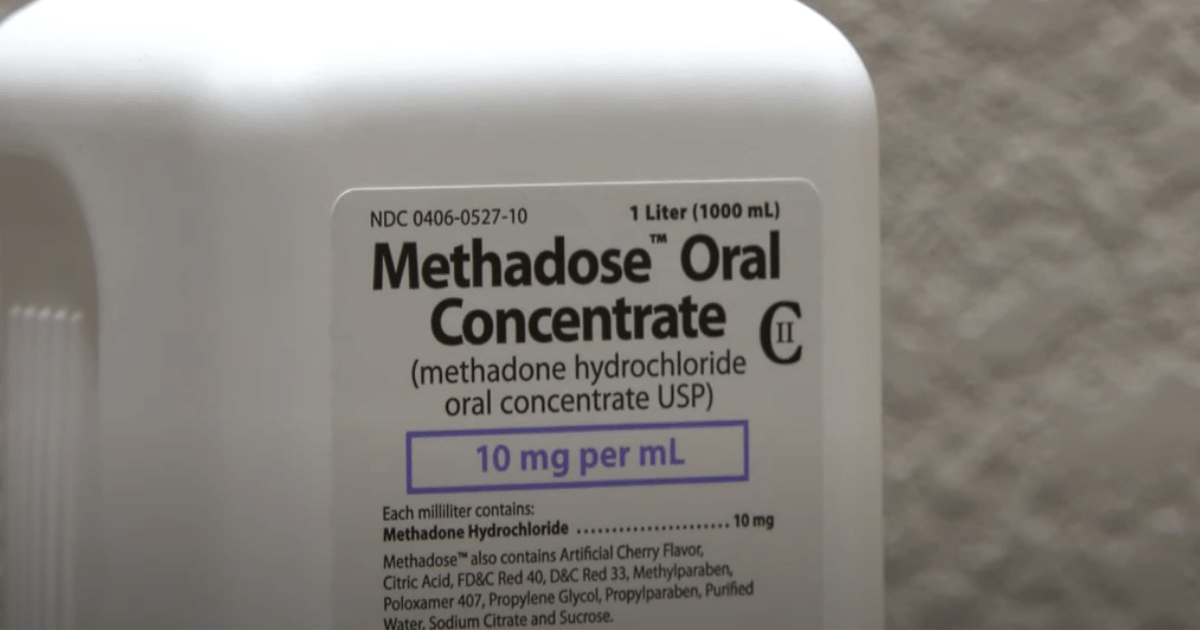Colorado’s New Requirements for Treatment, Education & Funding
Colorado’s new Fentanyl Accountability and Prevention Act, signed into law in May by Governor Jared Polis, is a response to the state’s rising overdose death rate. There were more than 900 fatal overdoses in Colorado last year. That’s more than the state’s number of homicides or traffic crashes in 2021. More than 540 people died from a fentanyl overdose in Colorado during 2020.
The new bill increases penalties for possessing or distributing fentanyl, even unknowingly, while also allocating tens of millions of dollars toward overdose prevention efforts, including drug treatment programs and education campaigns. Under Colorado’s latest bill, the law also stipulates that anyone convicted of a fentanyl-related offense must undergo a substance use assessment, and if deemed appropriate, undergo drug treatment. Another requirement is that some people jailed on fentanyl-related charges will be given naloxone, a medication that can stop opioid overdose, or a prescription for other medications to help with opioid-use disorders.
The bill also provides jails with money to help provide medication-assisted treatment to inmates suffering from opioid addiction.
Landmark Recovery of Denver is the state’s newest addiction treatment center, with programs that address opioid-use disorder (OUD).
Lowering the Limit for Drug Possession
Much of House Bill 22-1326, which became the new fentanyl law, was centered around what the punishment would be for drug possession. After months of debate, state lawmakers settled on the bill’s most controversial measure, which charges anyone in possession of between one and four grams of any substance containing fentanyl with a felony. Colorado’s new possession limit is lower than House Bill 1263, which in 2019 made possession of up to four grams of almost any drug for personal use a misdemeanor charge. Under the new bill, the possession limit is much tighter and includes fentanyl, carfentanil, benzimidazole opiate or synthetic opiate analogs.
Punishment Includes Court-Ordered Addiction Treatment
The new fentanyl law includes measures to steer more people into addiction treatment, rather than sending them to jail. With fentanyl becoming more prevalent in Colorado’s illicit drug supply, the state’s legislative staff projects that nearly 300 people each year could face fentanyl possession charges that result in court-ordered treatment. Under the new bill, state judges won’t be allowed to send people convicted of a drug felony to prison. Instead, their punishment would include court-ordered treatment as a condition of probation.
During treatment, they’d also go through a fentanyl education program to learn more about the harmful effects of opioid abuse. Once a person completes treatment, their felony charge will be lowered to a misdemeanor. In 2021, the state District Attorney’s office obtained 50 federal indictments on fentanyl-related crimes, up from 21 in 2020. Under the new bill, Colorado lawmakers and public health officials are hoping to get a handle on the state’s illicit drug supply while addressing addiction.

Methadone is one of the opioid treatment drugs county jails can offer beginning in July 2023 under Colorado’s Fentanyl Prevention and Accountability Act. (photo by (News KUSA)
Drug Treatment Programs in Jail Settings
Colorado’s newest fentanyl-related bill includes changes to treatment in jails. By July 2023, county jails are required to adopt measures for assessing people for further treatment. If a person is determined to have opioid-use disorder, jails would have to provide medical detox that includes medication-assisted treatment (MAT), seen as an ideal form of care for people struggling with opioid abuse.
The state’s demand for people in need of treatment for opioids is already high. Colorado officials estimate that more than 43,000 residents struggle with opioid-use disorder, so the bill’s new measure could be a way to help people in jail get help before they’re released.
In addition, the new bill would enable jails to provide medications like buprenorphine or methadone, which help manage withdrawal symptoms once patients arrive and no longer have access to opioid drugs.
Millions of Dollars for Substance Abuse and Harm Reduction
While most of the debates around HB22-1326 were focused on penalties for drug possession, Colorado’s new bill provides millions of dollars for harm reduction strategies and immediate withdrawal management.
First, almost $20 million will be provided for the distribution of naloxone, also known as Narcan, the drug used to stabilize a person experiencing an overdose from an opioid. Next, the bill adds $600,000 in funding for fentanyl testing strips, used to help drug users recognize if their personal supply is laced with fentanyl. Lastly, $10 million will be provided for managed service organizations around the state to help people manage opioid withdrawal symptoms with detox or MAT.
Find Treatment for Opioid Addiction
If you or someone you know is struggling with an opioid-related addiction, call 720-702-9994 to talk to the admission team at Landmark Recovery. Visit our locations page to find more facilities near you.

Choose Recovery Over Addiction
We're here 24/7 to help you get the care you need to live life on your terms, without drugs or alcohol. Talk to our recovery specialists today and learn about our integrated treatment programs.




